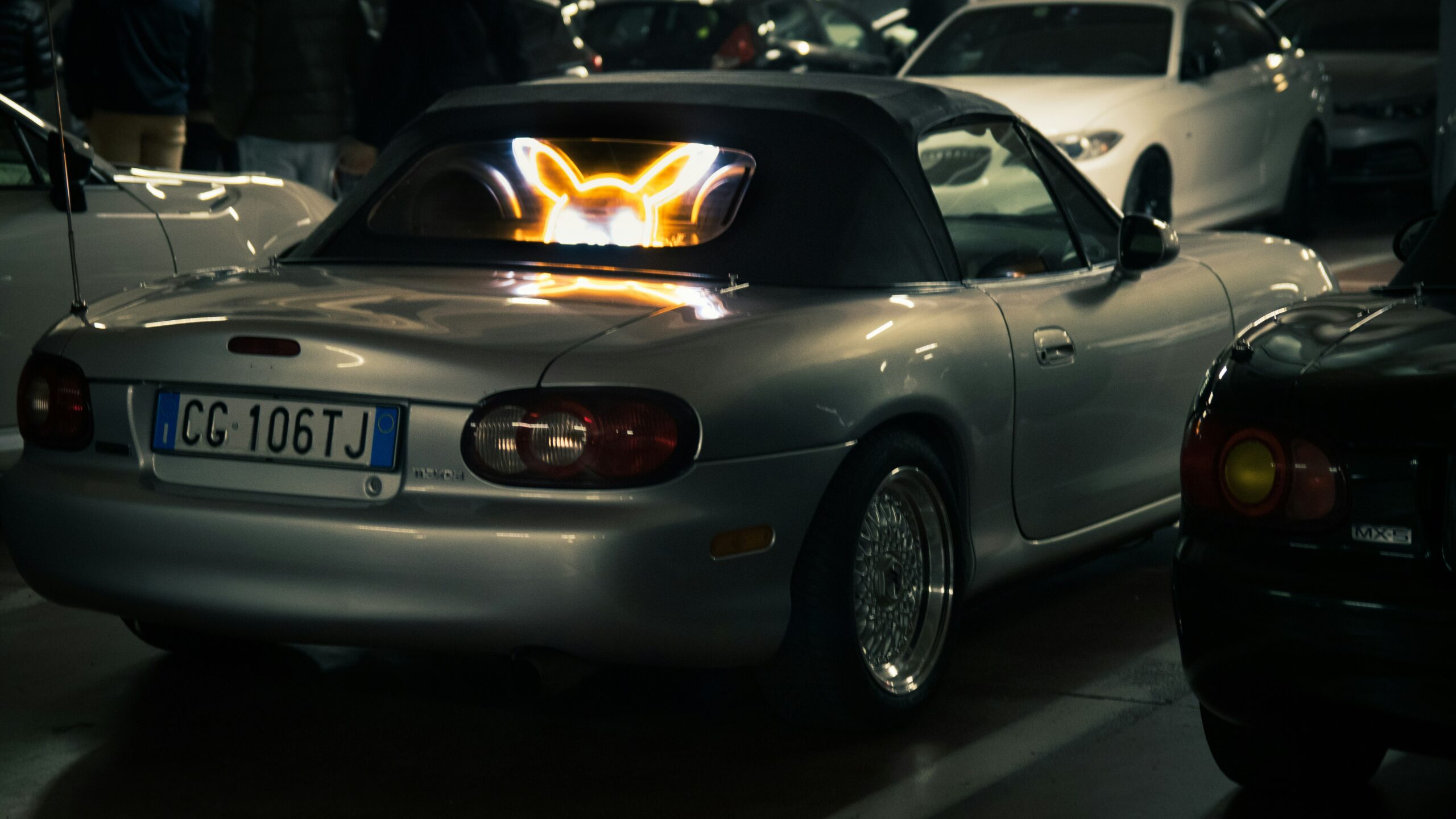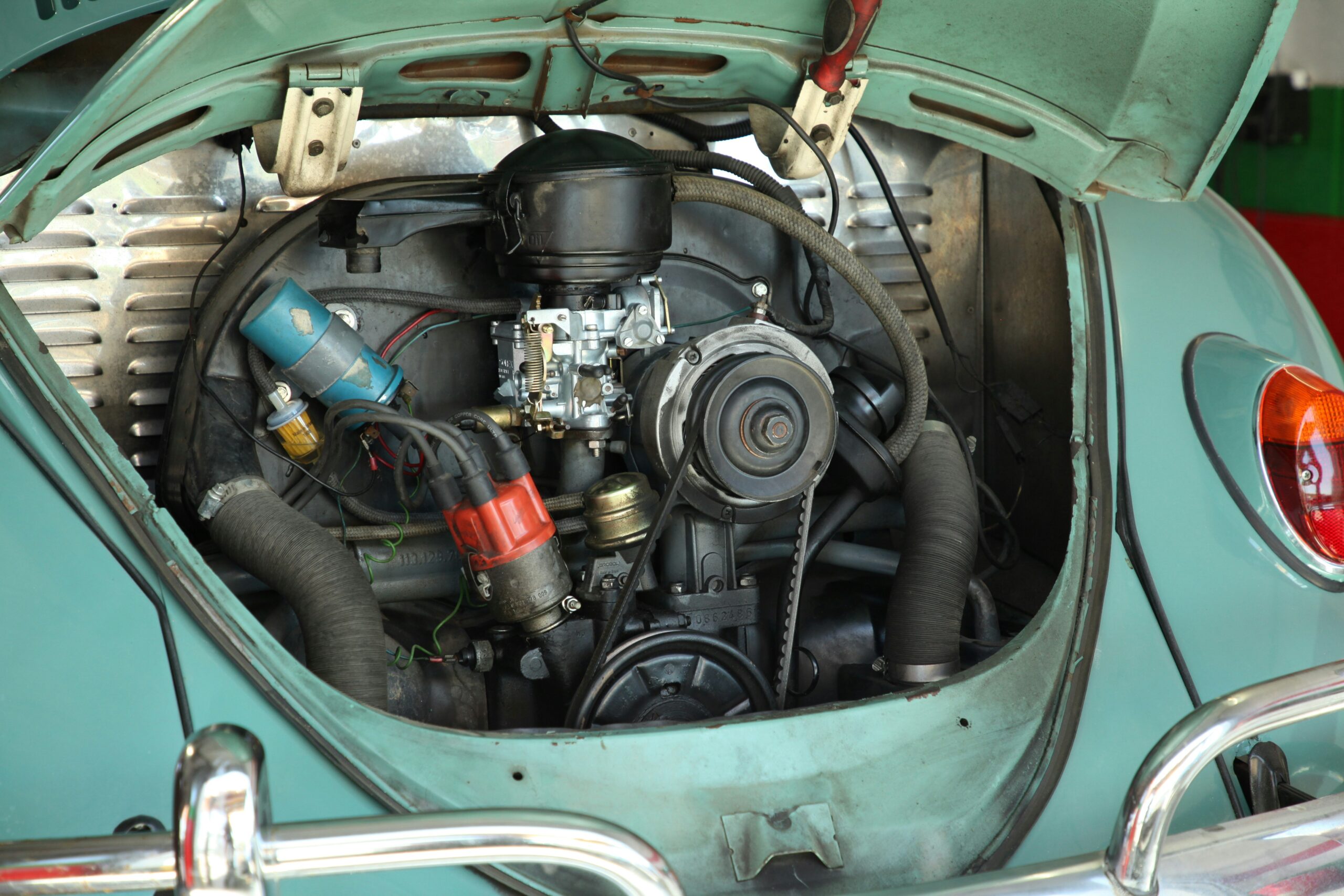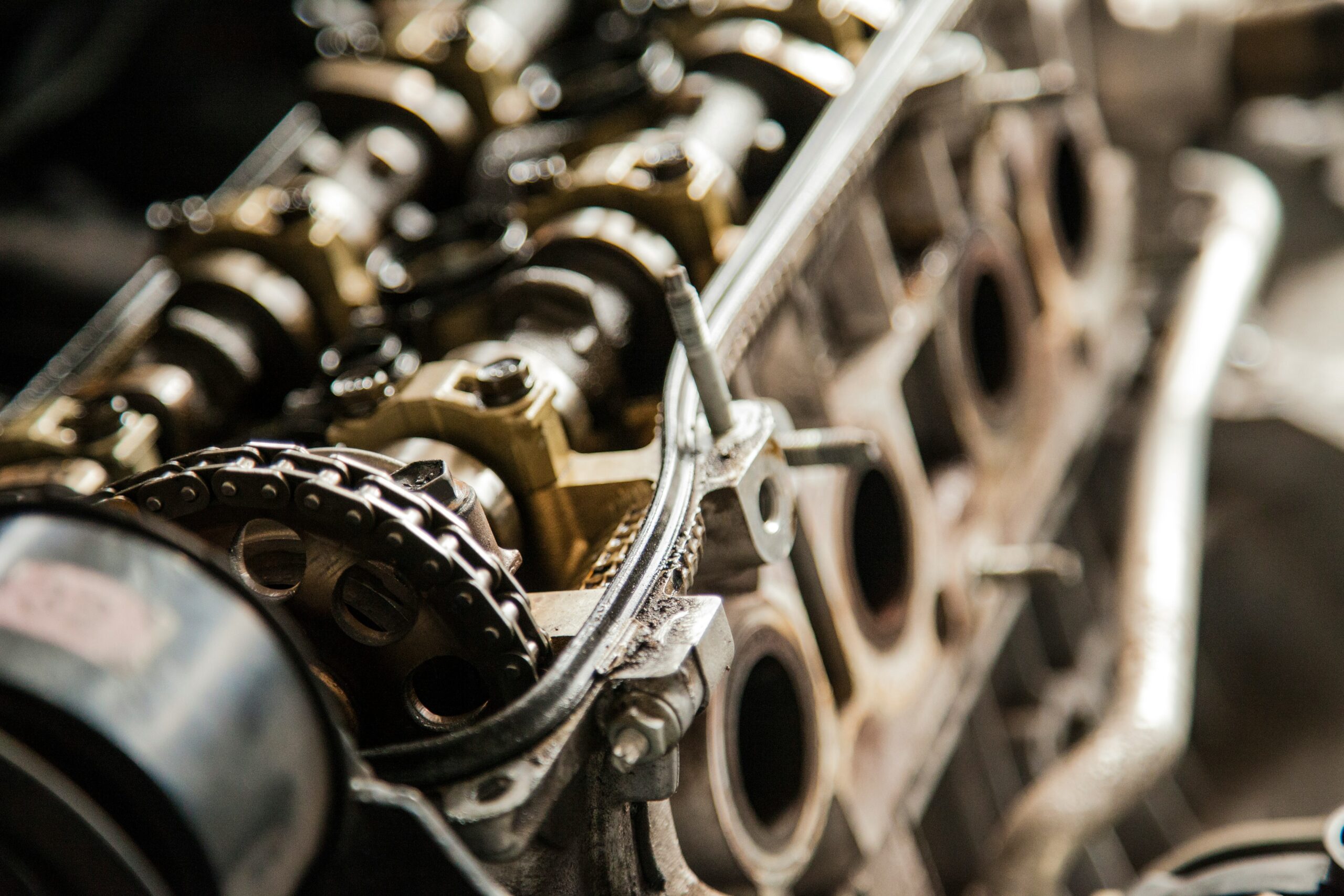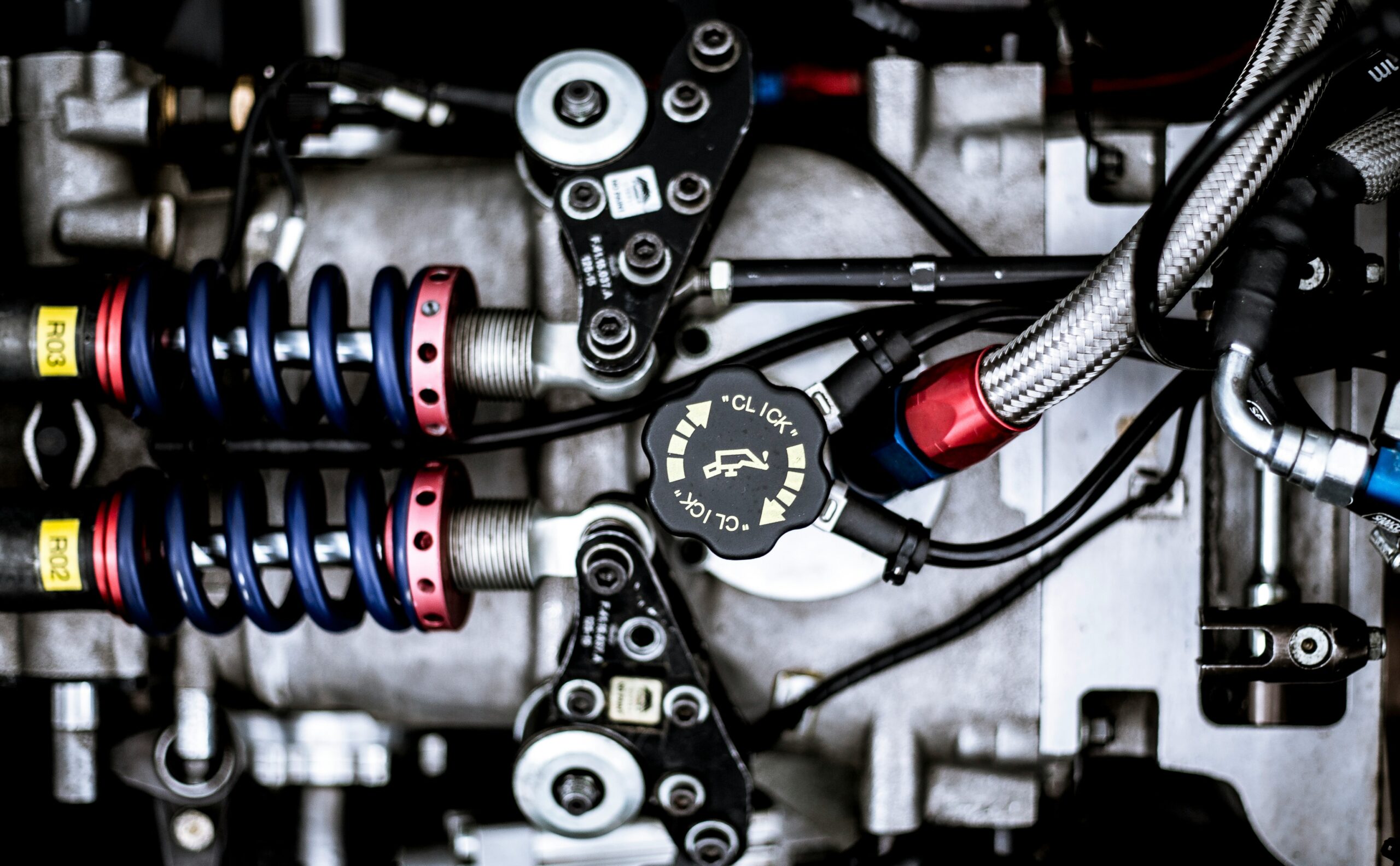- Your cart is empty
- Continue Shopping
ABS Light on Car: What It Means and How to Fix It

Modern cars come equipped with safety features designed to protect you on the road, and one of the most important is the Anti-lock Braking System (ABS). The ABS light on your dashboard is part of this system, and when it turns on, it signals that something needs your attention. Ignoring it can compromise your safety and even lead to costly repairs.
What Is ABS?
The Anti-lock Braking System is designed to prevent your wheels from locking up during hard braking. Instead of the tires skidding uncontrollably, ABS allows you to maintain steering control, reducing the risk of accidents especially when it comes to slippery or emergency situations.
Why Does the ABS Light Turn On?
There are several reasons the ABS warning light might appear on your dashboard:
- Faulty Wheel Speed Sensor
- Each wheel has a sensor that monitors speed. If one malfunctions or gets dirty, the ABS may fail.
- Damaged ABS Module
- The module processes data from the sensors. Corrosion or electrical issues can cause it to stop working.
- Low Brake Fluid Levels
- ABS relies on hydraulic pressure, so if your brake fluid is low, the system may not function properly.
- Blown Fuse or Electrical Issues
- A simple electrical problem could be disrupting communication in the ABS system.
- Worn Hydraulic Pump or Valves
- These components manage brake pressure. If they fail, the system may shut down.
Is It Safe to Drive With the ABS Light On?
If only the ABS light is on, your car’s standard braking system will still work. However, you won’t have the added safety of ABS during sudden stops or slippery conditions. If the ABS light comes on along with the brake warning light, it’s a more serious issue, and you should avoid driving until it’s checked.
What to Do When the ABS Light Comes On
- Check Brake Fluid Levels – Refill if they’re low.
- Inspect the ABS Fuse – Replace if blown.
- Clean or Check Wheel Sensors – Dirt or damage can trigger the warning.
- Get a Diagnostic Scan – A mechanic can use a scanner to identify the exact problem.
How to Prevent ABS Light Issues
- Maintain regular brake fluid checks and replacements.
- Keep your car’s undercarriage clean to avoid sensor damage from dirt and debris.
- Schedule routine brake system inspections with your mechanic.
The ABS light shouldn’t be ignored. While your car will still brake without ABS, losing this safety feature increases the risk of accidents in emergencies. If the light appears, it’s best to address the issue quickly, sometimes it’s a simple fix, but other times it may require professional repairs.




